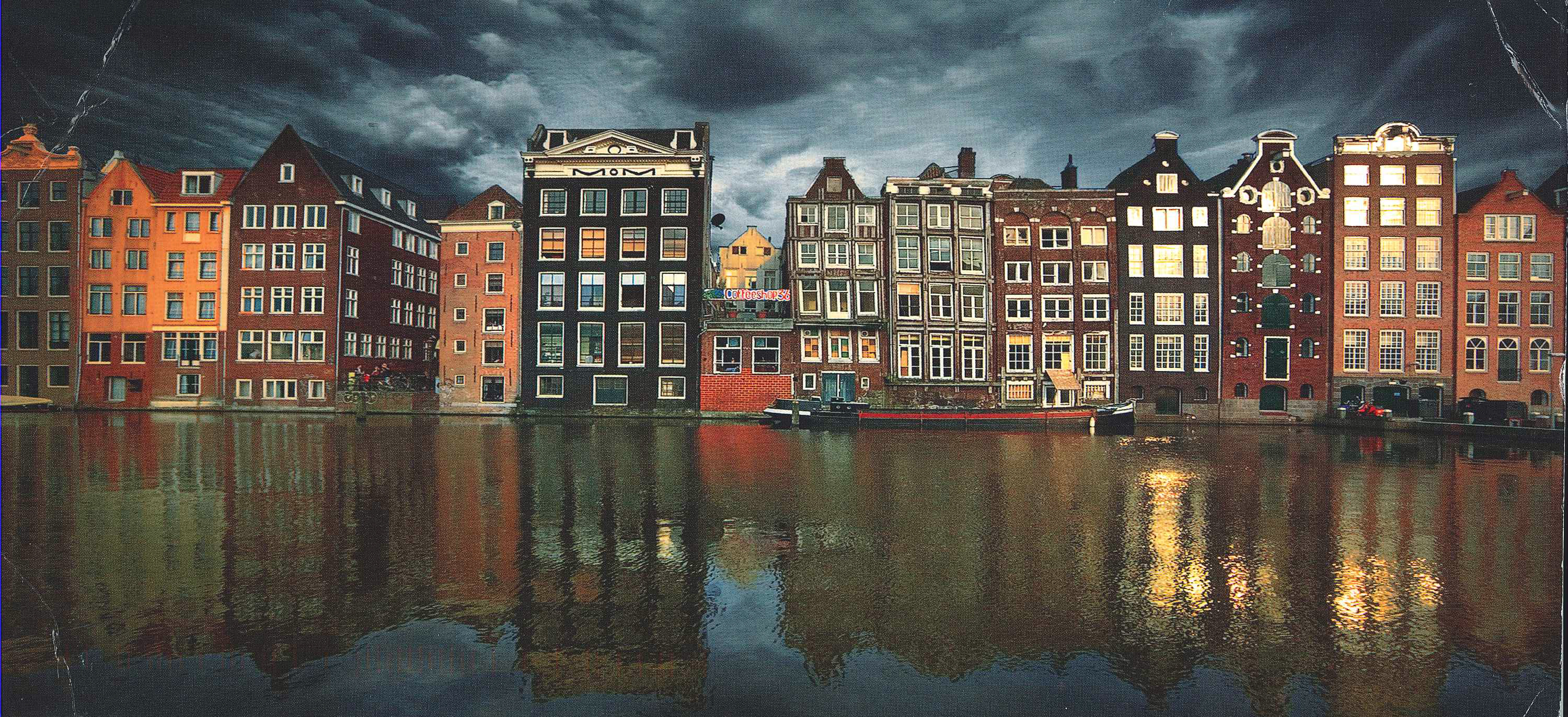November 5, 2014 at 12:04 pm

Vegetarianism and veganism have been on the rise in recent years, and adherents often cite consideration of animal rights as a motivation. But what if they heard that plants can also feel pain? It is already well-known that plants respond to external stimuli such as sunlight, air quality, and other basic factors, but a mysterious CIA study said to have been conducted in the late 1960s reportedly found that plants also “listened” and responded to the actions and even thoughts of those around them, including displaying signs of stress and pain on witnessing violence against themselves or other life forms. Although this research has since been discredited by several expert plant scientists, it sparked the imagination of the nation and provoked a lively public debate on the issue. A controversial 2006 article published in a plant science journal attempted to explain what scientists know about so-called “plant neurobiology:”
Plants are able to sense and optimally respond to so many environmental variables—light, water, gravity, temperature, soil structure, nutrients, toxins, microbes, herbivores, chemical signals from other plants—that there may exist some brainlike information-processing system to integrate the data and coordinate a plant’s behavioral response. The authors pointed out that electrical and chemical signalling systems have been identified in plants which are homologous to those found in the nervous systems of animals. They also noted that neurotransmitters such as serotonin, dopamine, and glutamate have been found in plants, though their role remains unclear.
The scientific community in general acknowledges that plants have advanced sensory systems, and there have been several intriguing experiments which provide a window into plants’ chemical “communication” systems and even evidence that plants can “learn” behaviors within their lifetime. However many see the anthropomorphizing of plants as being an embarrassment to the field of plant study as a whole, and “the use of the word “neurobiology” in the absence of actual neurons was apparently more than many scientists could bear.” However an incorrigible fascination with “plant intelligence” stretching all the way back to Charles Darwin to continues to fuel interesting research on the subject.
Find out more here, and give us your feedback below!
By CAS Core Curriculum
|
Posted in Uncategorized
|
November 3, 2014 at 12:30 pm
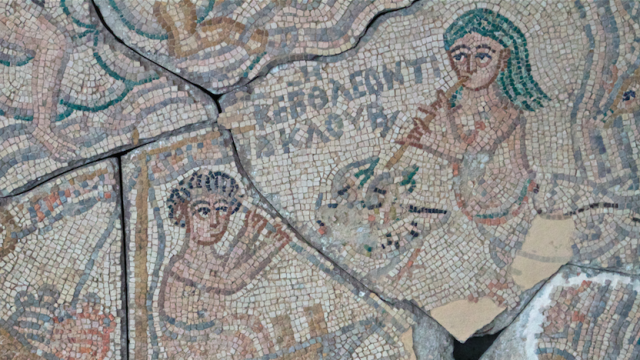
What if instead of simply reading about Odysseus's journey, you could experience it with him? John Fallon, an innovative middle school teacher, had the idea to craft an alternate reality game (ARG) to help build enthusiasm for classics like the Odyssey in his seventh-grade class.
Rather than merely reading about the adventures of Odysseus in English class, students can walk a mile in his shoes by channeling the skillset of the Greek hero who masterminded the Trojan Horse and outwitted the Cyclops.
ARGs are designed and run by development teams called 'puppet masters' who combine the digital and the real to deliver intricate narratives that blur the line between reality and fiction. Players enjoy a great deal of agency as they solve elaborate puzzles while they negotiate a world of phony websites and documents, midnight phone calls, and park bench envelope exchanges, to name a few of the tactics that can make these games indistinguishable from everyday life.
Fallon noticed that students became more engaged in the Odyssey through the ARG than when he had taught it through traditional teaching methods, and that "'they did a better job of making their individual versions of Odysseus more clever and better problem solvers rather than just a cardboard cutout hero who bashes his way through problems. This likely stems from having experienced some difficult problem solving of their own in similar circumstances.'"
Other educators and programmers have also experimented with ARGs to help students learn about Japanese internment camps, code-breaking, and other lessons. While there is still significant debate about the efficacy and practicality of implementing ARGs and other immersive learning techniques in the educational system on a wider scale, Fallon and many others believe that they pose an exciting new opportunity to expand student learning in unique ways.
What do you think? Check out the full article here and feel free to add your feedback in the comments below.
By CAS Core Curriculum
|
Posted in Academics, Great Ideas, Other Publications
|
Tagged #Odyssey #ARGs #alternatereality #core #teaching #trojanhorse
|
October 28, 2014 at 10:41 am

Prof. Esposito has written to us here at the Core blog to let us know about an extensive and interesting article from the most recent Harper’s Magazine, entitled “Using Sophocles to Treat PTSD”. He writes:
I thought you might be interested in it especially since it’s about the performances of Sophocles’ Ajax, Philoctetes, and Women of Trachis (as well Euripides’ Bacchae) done by the NYC-based company Theater of War who performed Ajax at Boston University in December, 2011 and will be performing again (this time both Ajax and Philoctetes) at the 25th anniversary celebration of the Core on May 1, 2015. Bryan Dorries, director of Theater of War, sent it along to me, and expressed his excitement about returning to BU with his company next May.
Here's the opening of the article:
With its winding lanes and stands of cherry trees, Camp Zama, a U.S. Army base twenty-five miles outside Tokyo, feels more like a meditation retreat than a military facility. Until it was seized by the First Cavalry in September 1945, Zama was the West Point of the Imperial Japanese Army. Through the decades, the forest has been pushed back to accommodate a larger airstrip, a fire has taken out the old Japanese barracks, and most of the camp’s remaining structures have been replaced with drab buildings set discreetly into the lush green prettiness. One structure from the Imperial era remains: a large theater. Its exterior is plain but grand; its cavernous interior is decorated like a wedding cake, white with yellow piping. The charm of the building is difficult to reconcile with what happened outside its walls, in 1945. When the few Japanese soldiers left at Zama learned of their country’s surrender, some drew swords, cried, “Long live the emperor!” and stabbed one another to death or committed hara-kiri.
The full piece is behind the Harper's subscriber-only paywall, but Core students can access it here (as it pertains to our study of Ajax in the first-year Humanities).
By zakbos
|
Posted in Great Questions, Other Publications
|
Tagged Ajax, article, tragedy
|
October 17, 2014 at 12:02 pm

Check out this new graphic created by Simon E. Davies and shared by Jesus Diaz, gives us a fascinating visual of the evolution of the world's major religions. Click here to see a larger version.
By vpriest
|
Posted in Uncategorized
|
October 17, 2014 at 11:42 am
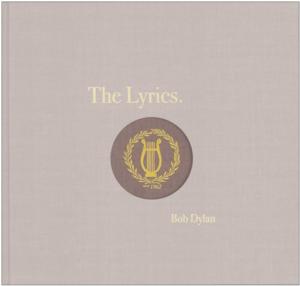 Christopher Ricks, a professor in the Core Curriculum second year humanities, latest project has been editing and writing the introduction for an annotated and illustrated book by Bob Dylan that includes all of his lyrics. The Lyrics: Since 1962 is over 1,034 pages long according to Broadway World and gives the officially released lyrics of Dylan's songs as well as variant and revision lyrics.
Christopher Ricks, a professor in the Core Curriculum second year humanities, latest project has been editing and writing the introduction for an annotated and illustrated book by Bob Dylan that includes all of his lyrics. The Lyrics: Since 1962 is over 1,034 pages long according to Broadway World and gives the officially released lyrics of Dylan's songs as well as variant and revision lyrics.
Professor Ricks has to say about the book that, "For fifty years, all the world has delighted in Bob Dylan's books of words and more than words: provocative, mysterious, touching, baffling, not-to-be-pinned-down, intriguing, and a reminder that genius is free to do as it chooses. And, again and again, these are not the words that he sings on the initially released albums."
However, if this book sounds like a must-have, you'll be disappointed to hear that only 3,000 copies will be printed and sold at a whopping $200.
By vpriest
|
Posted in Uncategorized
|
October 14, 2014 at 9:38 am

This past weekend, the Word and Way Society took a group of eight students apple picking at Honeypot Hill Orchard. For many of the students, this was their first experience at an orchard.
Read More »
By lievanoj
|
Posted in Uncategorized
|
October 9, 2014 at 10:49 am

'Poe Returning to Boston'/ Image via Stefanie Rocknak
Pumpkin beer, pumpkin "blondies," pumpkin whiskey (that's right), pumpkin ice cream, Halloween-themed Jo-Jos, OTTO pizza, wine and cider and hot tea and more; this was the fall spread that the EnCore book club attendees tucked into as they pulled out their copies of Edgar A. Poe's short stories.
One could title this meeting "From Victorians to the Void." The discussion ranged widely for three hours. We began by sharing our particular attitudes towards the ghostly and the gruesome. What were the scariest films we ever saw? Were we most disturbed by the brightly eerie moments from The Shining? The blood-spattering scenes from Saw? The banality of 80's kitsch from American Psycho?
We discussed Poe's incessant themes of young, beautiful women dying young, of catatonia leading to premature burials, of the "Imp of the Perverse" within us all which threatens to blow off our tightly screwed lids. But we aren't Victorians; does this mean we are any less obsessed with death?
Somehow, we veered from talk of serial-killers and psychopaths to the inner demon latent within the average Joe, and to the existential dread we push aside every day. Neil Gaiman once said of Poe that he not only saw the skull beneath human flesh, but that he "could not forget the skin that once covered it." Perhaps this accounts for Poe's enduring fascination and creepiness; in the end, nothing is scarier than what is irrevocably human.
If you could not join us for this meeting, worry not; the November book club will take place on the 5th (Guy Fawkes Day!). The EnCore book club will discuss Nights at the Circus, by Angela Carter, a Gothic wit in her own right. Whether you get your hands on the book or not, join us at CAS 119, for victuals and verbosity, verisimilitude and villainous alliteration.
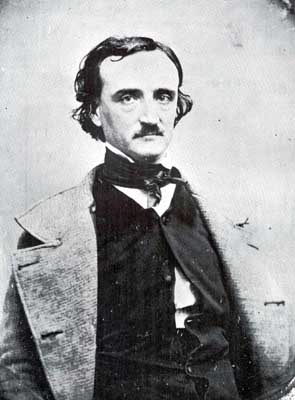
By Core Alumni
|
Posted in alumni, EnCore, EnCore Authors
|
Tagged alumni, book club, EnCore
|
September 23, 2014 at 11:08 am
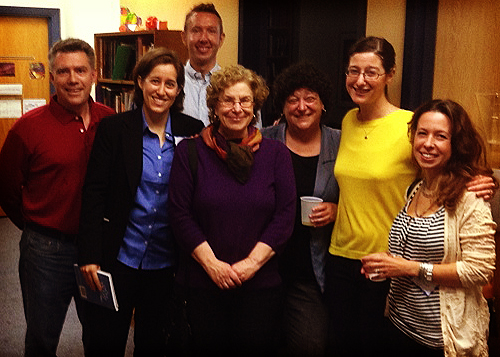
The Core is pleased to report that it was a distinct pleasure to host so many pleasant Core and Classics persons at this past Saturday's Core/Classics reception, part of BU's alumni weekend. We hope to see more of you this spring, when we hold our gala 25th anniversary! — with Michael J. Maguire, Ashley McIntosh, Prof. James Uden, Prof. Ann Vasaly, Prof. Stephanie Nelson, Sophie Klein, and Beth Jacquet.
By zakbos
|
Posted in alumni, EnCore, Events, Great Personalities, Great Photograph
|
Tagged alumni
|








